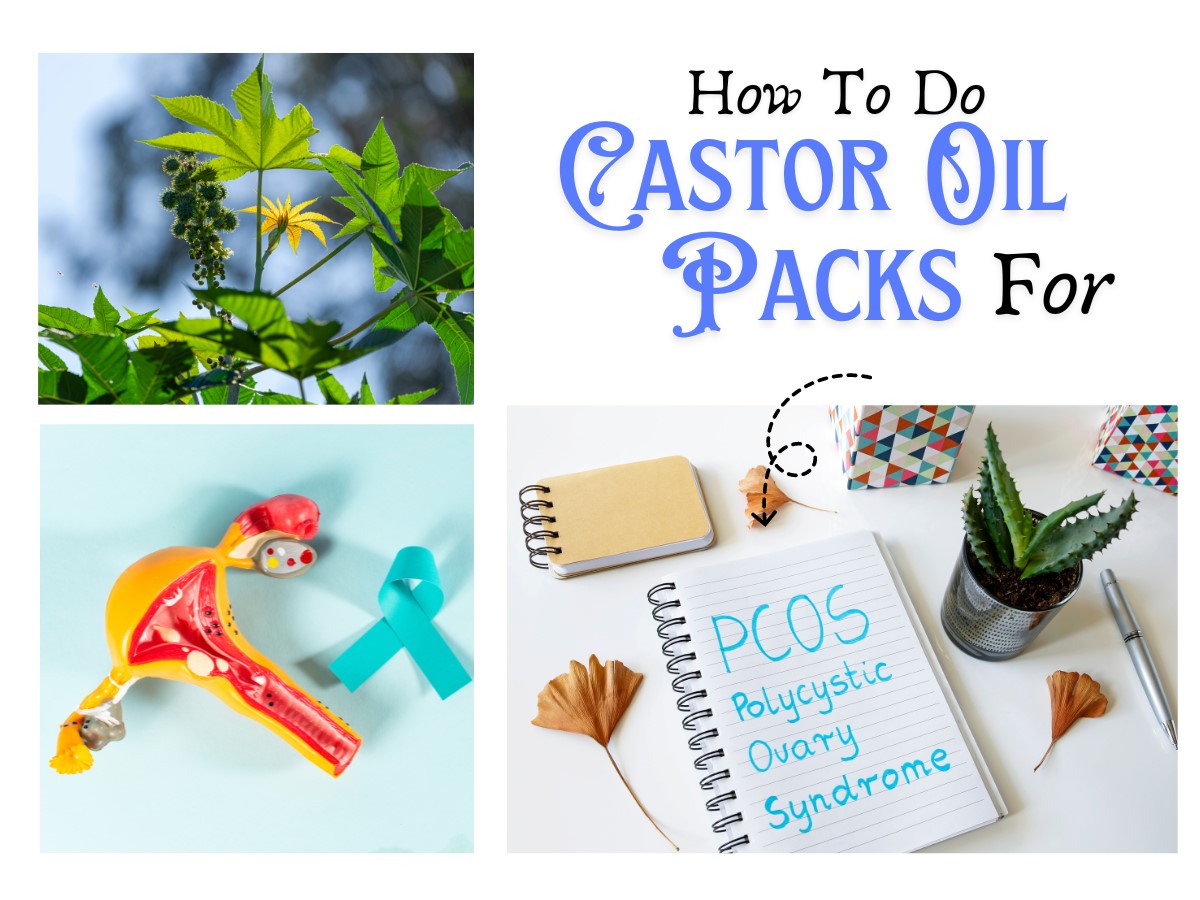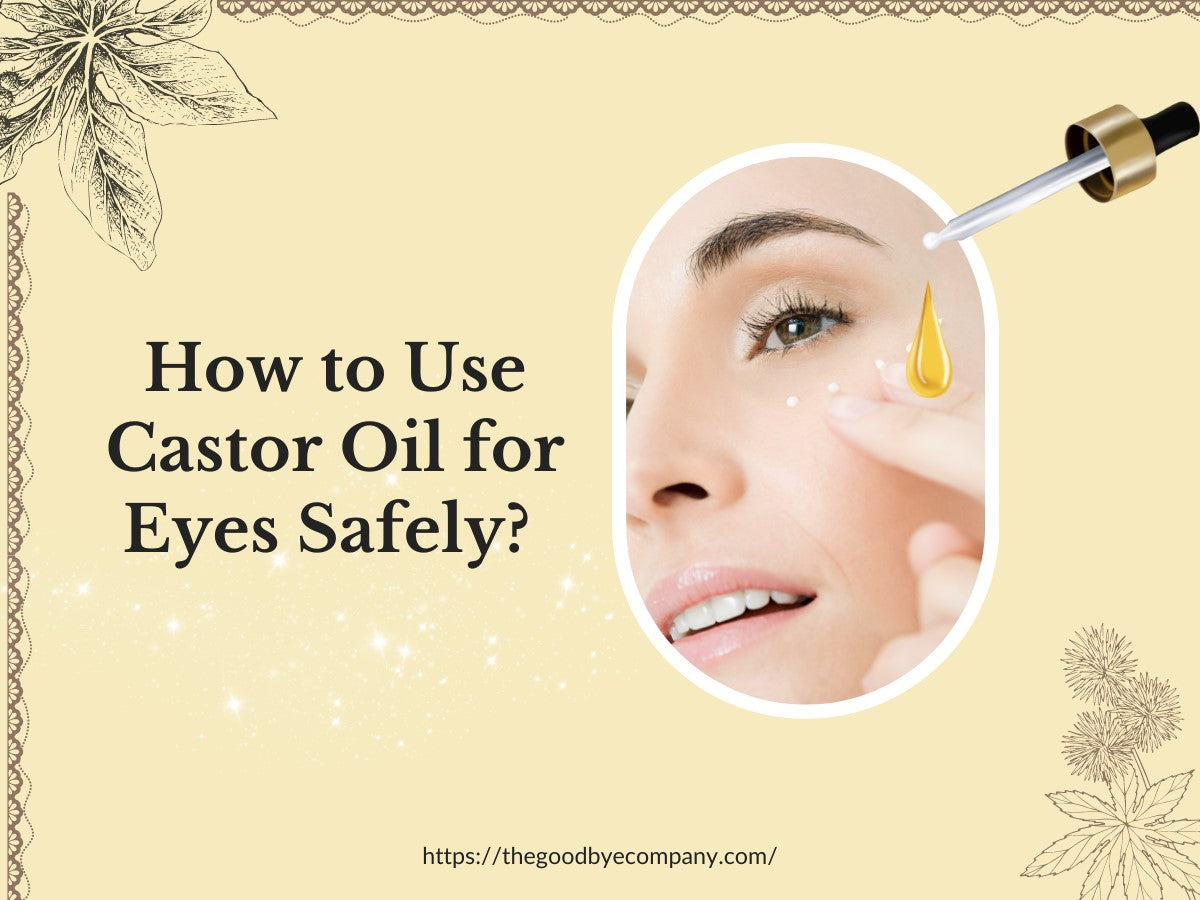Cart
0
What Is An Insomnia?
Sleep is the basic necessity of life to get the boost of energy back in your tired nerves and brain after a full day of heavy work burden and exercise. Whether you work as a laborer, a teacher, a doctor, a farmer, a child caretaker, or as a housewife, irrespective of your gender and age, irrespective of your working environment or even staying at home doing nothing, you need a proper sleeping time and hours that are required by a daily day and night cycle of living beings. Any disturbance in the sleeping habits or sleeping patterns or no sleep at all, all falls under the same flag that is insomnia.











